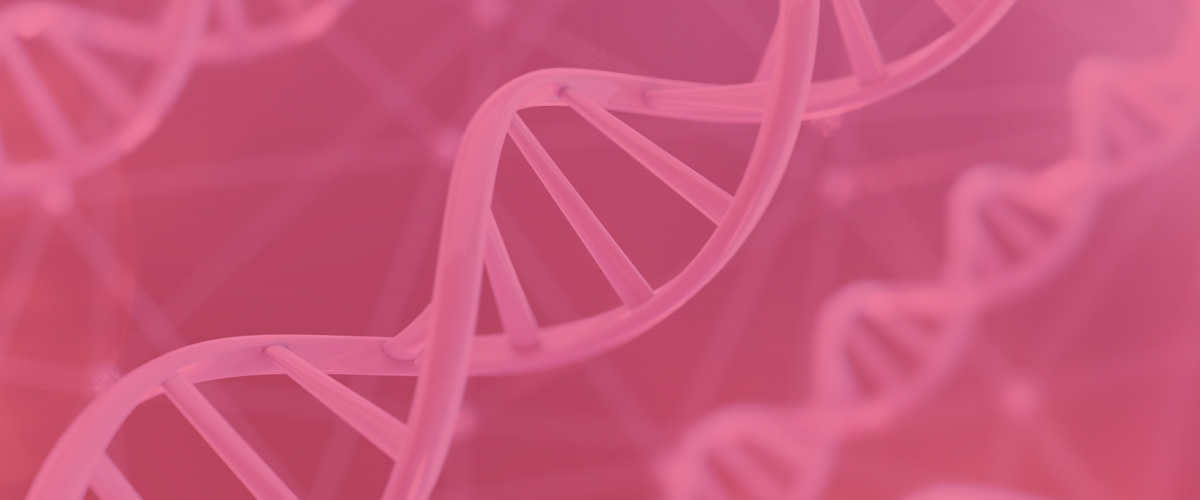The Breast Cancer Genes You Haven’t Heard Of
What to know about genetic mutations that may increase the risk of breast cancer.

You’ve probably heard of BRCA1 and BRCA2, the breast cancer genes that greatly increase a woman’s chance of developing breast cancer when a mutation is present. It turns out that there are actually hundreds of other possible mutations related to breast cancer. Researchers estimate that 5% to 27% of breast cancers develop due to gene mutations. Here, Health Matters breaks down several of the most studied genes linked to breast cancer:
BRCA1 and BRCA2
The BRCA1 and BRCA2 genes provide the blueprint for making proteins that suppress cancer tumors, according to the National Institutes of Health (NIH). The proteins prevent cells from dividing and growing out of control and work with other proteins to repair breaks in DNA that can lead to cancer. Mutations in the BRCA genes account for 5% to 10% of breast cancers in U.S. women, according to the American Association for Cancer Research.
PALB2
PALB is an abbreviation for “partner and localizer of BRCA2,” which describes the gene’s role—joining forces with the BRCA2 gene to repair damaged DNA and stop the development of breast cancer. More than a third of women with a mutation in the PALB2 gene will develop breast cancer by age 70, according to the National Breast Cancer Foundation (NBCF).
CHEK2
The CHEK2 gene helps to make “checkpoint Kinase 2,” a protein that acts as a tumor suppressor. These genes work by slowing down cell growth, repairing mistakes in DNA, or telling cells when to die, according to the American Cancer Society. A mutated CHEK2 gene doubles the risk of breast cancer in women, according to the NBCF. Men with a CHEK2 mutation have a 10-fold greater risk for breast cancer.
CDH1
Short for “CaDHerin 1,” CDH1 is associated with lobular breast cancer, which begins in the milk-producing glands (lobules). The CDH1 gene is instrumental in helping cells stick to each other. Mutations in the gene may enable cancer cells to break away from a tumor and move to other parts of the body.
PTEN
Short for “phosphatase and TENsin homolog,” PTEN produces an enzyme that helps to slow cell growth and tells cells to self-destruct. Mutations in the PTEN gene are believed to account for a small number of breast cancer cases overall, says the NIH.
STK11
The “serine/threonine kinase 11,” or STK11, gene provides instructions for producing an enzyme that suppresses tumor growth and also promotes cell death. Inherited mutations in the gene are responsible for Peutz-Jeghers syndrome, which significantly increases the risk for breast and other cancers.
TP53
The TP53 gene’s protein slows tumor growth by keeping cancer cells from proliferating. It also triggers the death of cells with damaged DNA. When the genes have mutations, they can’t provide these important functions, according to the NIH.
Additional Resources
Learn more about genetic counseling at NewYork-Presbyterian.
